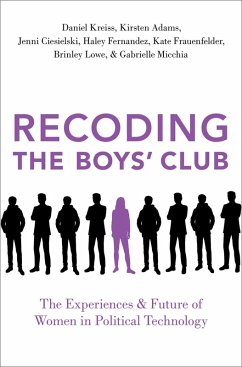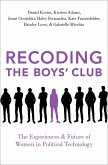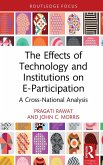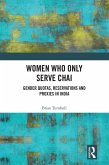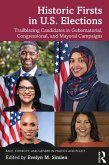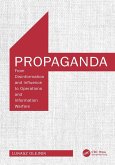The #MeToo movement has catalyzed an international discussion about the routine challenges women face in their professional lives as a result of male-dominated industries and office cultures. These include well-documented cases of sexual harassment and assault, but also unequal opportunities, unequal pay, sexist stereotypes, and a devaluation of women's labor. While these are problems women face in all industries and at all levels, the political and technology sectors are particularly rife with them.
Recoding the Boys' Club is a ground-breaking deep-dive into the work experiences of women in the political technology field in the United States. Political technology sits at the intersection of two fields dominated by men--politics and technology--and has become a cornerstone of operations in political campaigns and political institutions more generally. Drawing on a unique dataset of 1004 staffers working in political technology on presidential campaigns from 2004-2016, analysis of hiring patterns during the 2020 presidential primary cycle, and interviews with 45 women who worked on 12 different presidential campaigns, this book reveals the underrepresentation of women in political technology, especially leadership positions, as well as the struggle women face to have their voices heard within the "boys' clubs" and "bro cultures" of political technology. It chronicles the gendered expectations women face to provide emotional labor, stereotypes about women's competencies that shape their opportunities, the ways in which women's ideas are discredited, and the formal and informal forms of exclusion in campaign culture--leading to widespread feelings of "imposter syndrome" among women in this environment. These issues are often compounded by a mentality that the well-being of staffers must come secondary to the goals of the campaign, despite what campaigns might profess publically about gender and labor. Since these campaigns are important entry and training points for the wider field of political technology, the gendered inequities encountered within them have implications for women's professional experiences and careers long after campaigns have ended. This book aims to help political practitioners create more gender equitable and inclusive workplaces, ones that value the ideas and skills of all those who work to get candidates elected.
Dieser Download kann aus rechtlichen Gründen nur mit Rechnungsadresse in A, B, BG, CY, CZ, D, DK, EW, E, FIN, F, GR, HR, H, IRL, I, LT, L, LR, M, NL, PL, P, R, S, SLO, SK ausgeliefert werden.

